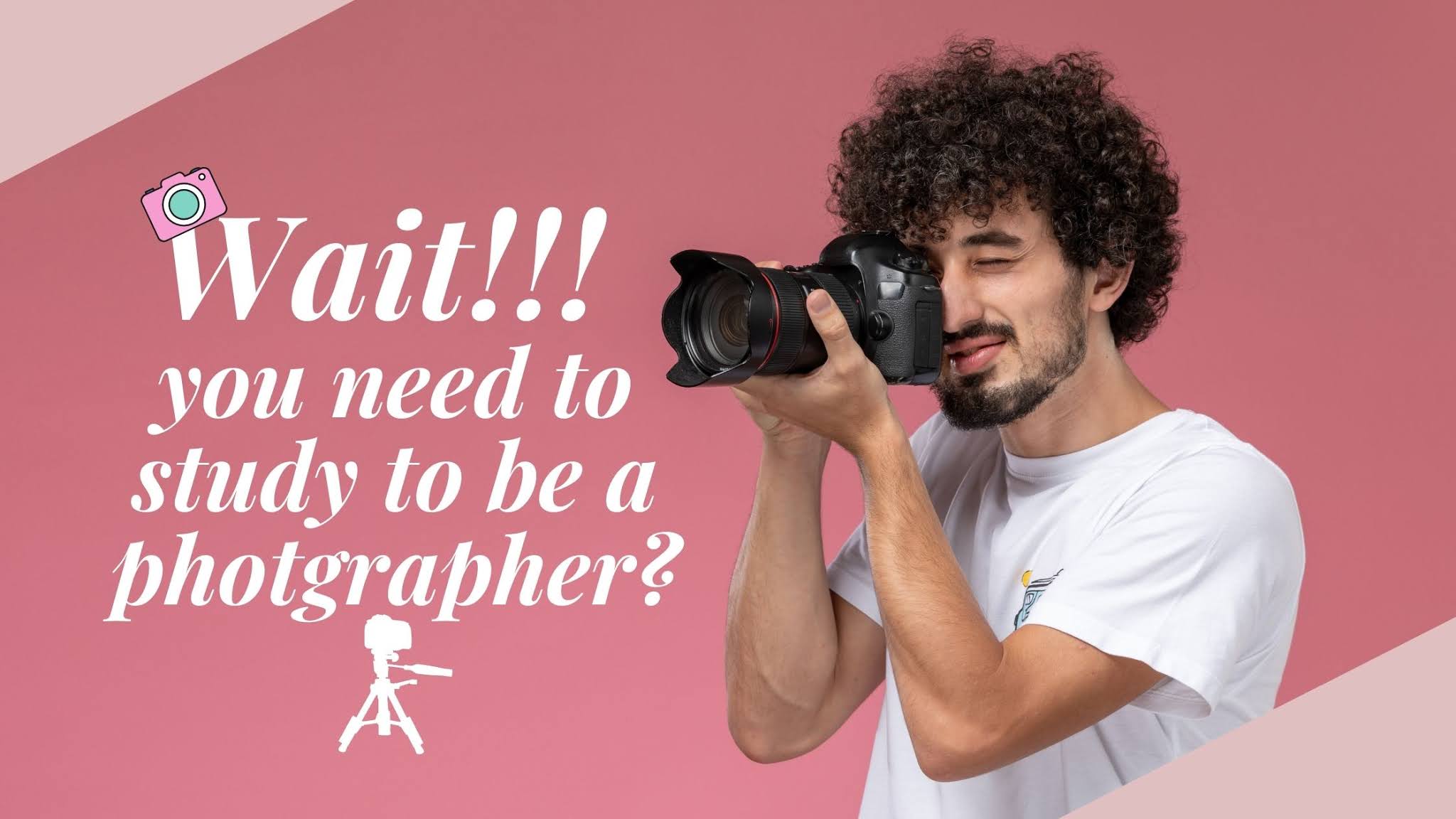How to take professional quality product photos with your smart phone
How to take
professional quality photos with your smartphone- Nowadays smartphones
are designed with some of the best cameras technology can provide us with.
There are phones with cameras that can handle tens of megapixels on the screen.
Many of these also come with dedicated flash and multiple lenses for high-quality
image. There are many useful tips and tricks that you can utilize when taking
photos with your smartphone.
1.
Using the
gridlines- The gridlines of a smartphone are not there just for show. These
gridlines will produce boxes that help you position your photo. You can ensure
the image you want to shoot is in the middle or at least in enough of a box
where it is visible and easy to shoot. A well-positioned photo can look
amazing.
2.
Keeping
in the shade- One tip for phone photography is to not take photos in overly
bright conditions. Taking photos in shady places is better. Because the soft
light that comes out of photos like these can make the photo look aesthetic.
The background also should ensure that it won’t be hard to see the subject.
3.
Concentrating
on one subject- Try not to capture too many things in one shot. Focus on
one subject specifically a facial point of your subject that you can designate
on your screen. Concentrating on one subject makes it easier for the sensors
and lenses in your phone to focus on that item.
4.
Allow for
negative space- Negative space is the concept that relates to empty spaces
in a room or photo spot. Negative spaces can create a good border around the subject.
It also makes the shot look soothing and easier to review. It is easier to take
good photos if you can use the symmetrical features around your area. The
symmetry of your photos can entail different things, including parallel lines
or other lines up with your screen without creating slanted spots. The symmetrical arrangement can produce a better appearance that does not need you to edit the
photo or adjust it to where the viewer won’t have to see things from an angle.
5.
Portrait mode is the way to go- While you can try landscape based setup on your
phone, you should stick to the portrait mode feature. Portrait mode does not
produce a large canvas but it does make it easier to target specific things on the screen.
6.
Say no to
flash at night- The flash feature on phones is helpful sometimes. It should
not be used in dark conditions. Flash at night causes a weird glare. This
causes the images to look unnatural. You can use a flash during the day. You can
soften some shadows or place an emphasis on your subject when using flash in
brighter conditions.
7.
Use the
raw format- Raw file saves more data. A JPG format produces a lousy setup
that isn’t appealing. You can adjust more features on your camera when you use
the raw format. I would like to advise that the Raw file format requires more disk
space. This works very well when you have enough room on your phone.
8.
Clean
your lens-It's easy for the lens on your phone camera to become dirty, what
with it being exposed all the time. You should clean off the lens with a phone
cleaner tool. The same item you use on your screen may work on the lens, but
you should check the instructions first.
One last tip is that post-processing is a very important and time-consuming task. So if you ever need any photo retouching service you can always get professional help online with great deals.
Finally, I would like to say that nobody can find success in
passion if they do not put their heart in it. So go out and click away and let
your imagination blossom. I hope this article was helpful to you.
Published by
Mostafa wasif
Content writer at Clipping path graphics media house




I always thought that it is not possible to take high quality product photos with smart phones because they are not meant for that. But I am grateful to this blog thanks a lot.
ReplyDeleteThis is really a great post. Not every business owner has access to very high-end camera or a professional image editing service provider. But now we do have access to a smartphone. So this post is really great for those kind of people. Really appreciate it.
ReplyDelete